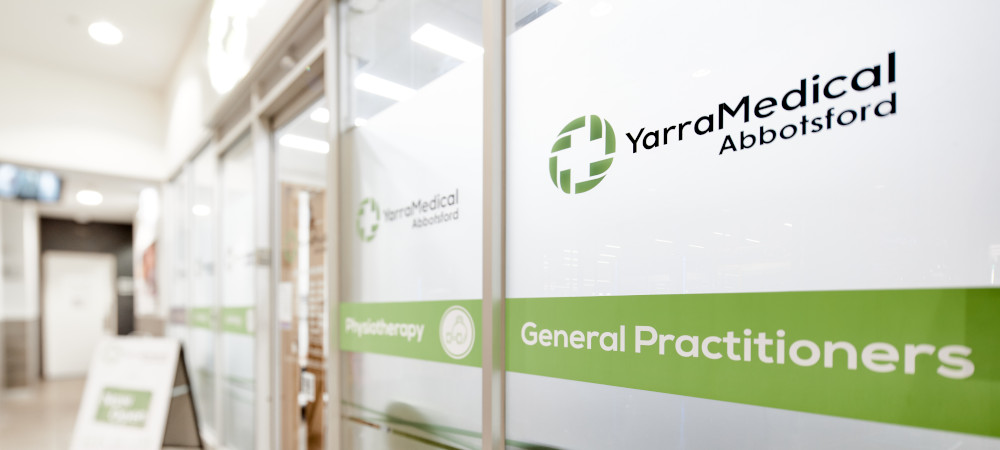Vaccines
To say that vaccines have changed civilisation is an understatement. Asked to name the most important contributions from the medical field, most public health professionals would struggle not to have immunisation at the top of the list. Vaccines have been a game-changer.
The gasping breath of a baby with whooping cough; the intimidating iron lung and braces built for those with polio; the crushing birth defects caused by rubella: these devastating infectious diseases were once the main culprits for an infant and child mortality rate of 20 percent in the US.
Fortunately, in industrialised nations where vaccines are widespread, safe and effective, these scourges are mostly associated with the past. As you’ve no doubt heard from health professionals in just about every field, preventative medicine is the best medicine, and that’s what vaccines are all about.
So, how exactly do vaccines work? Let’s take a look.
How do vaccines work?
Vaccines do their job by training the immune system to recognise and fight certain pathogens from either bacteria or viruses. They do this by introducing particular molecules from the pathogens into our bodies so that an immune response is triggered.
These molecules are called antigens, and all bacteria and viruses have them. These antigens are basically little signs that help the immune system recognise the pathogen and execute the proper response, so the next time it’s exposed to the pathogen it knows what to do.
It can be confusing…
The terms vaccination and immunisation aren’t interchangeable. Vaccination refers to receiving the actual vaccine – that is, getting the injection or taking an oral drug. Immunisation refers to the process of becoming immune to a disease through vaccination.
If a vaccine contains parts of a virus or bacterium, then why don’t they make us sick?
This is the trick of vaccines. We have to expose a person to a particular pathogen so their immune system can develop an immunity to it without making them sick. Several methods have been developed that achieve this, leading to multiple types of vaccines. Let’s have a look at them.
Vaccinations and Pregnancy
Pregnancy is a momentous time, during which you need to take extra care of yourself and your little one. During pregnancy, your immune system is naturally weaker, which means you’re more vulnerable than usual to infections and illnesses. Ensuring your vaccinations are up to date should be a high priority.
Immunisation is an effective and simple method of protecting you and your unborn baby against certain pathogens. Before becoming pregnant, check that you are fully immunised against diseases that can cause illness in you or your foetus.
Aside from routine vaccinations such as polio and tetanus, pregnant women should be immunised against measles, hepatitis B, measles, mumps, rubella, whooping cough, chickenpox and influenza.
Not all of these vaccinations are recommended during pregnancy, so it’s important to ensure your immunisations are up to date before becoming pregnant.
Vaccinations before pregnancy:
- Measles, mumps and rubella (available as the MMR vaccine)
- Chickenpox
- Pneumococcal
- Certain travel vaccinations
Vaccinations that are safe during pregnancy:
- Whooping cough
- Flu (influenza)





